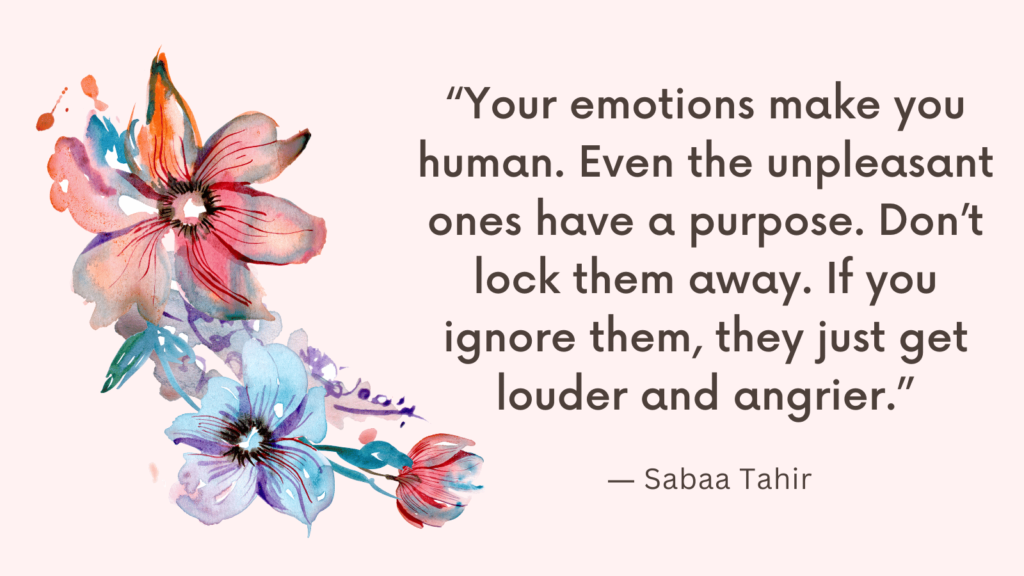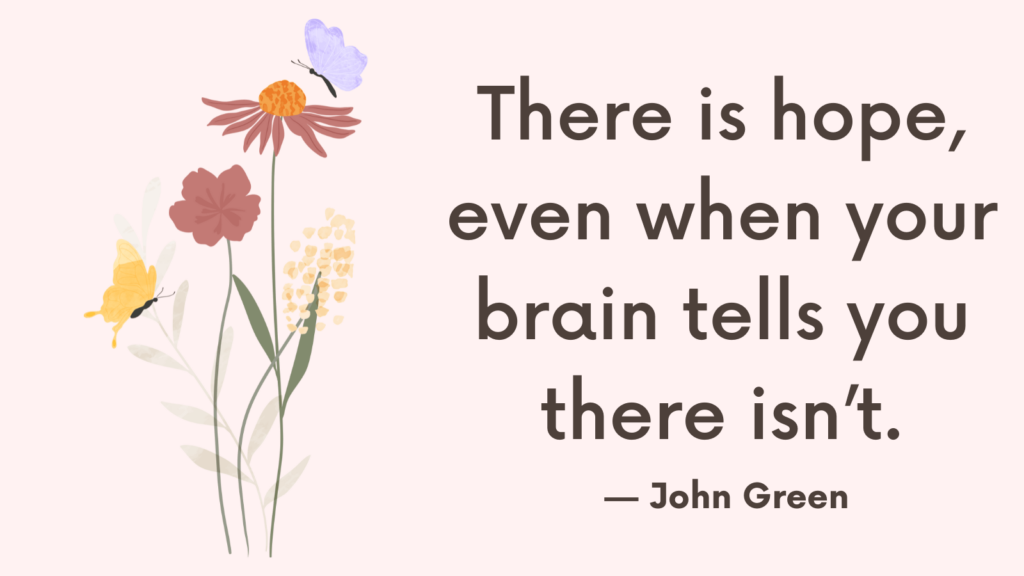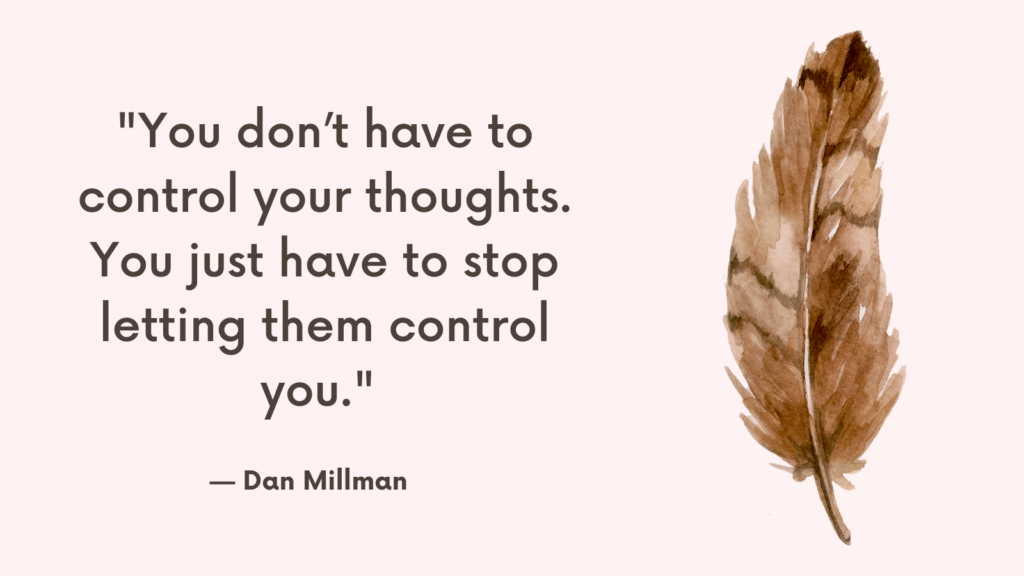In this post, you’re going to learn how to practice emotional honesty.
What Is Emotional Honesty?
Emotional honesty refers to the act of openly and authentically expressing one’s genuine emotions, thoughts, and feelings in a relationship or personal context.
It involves being transparent about your emotional experiences, sharing your vulnerabilities, and communicating your needs and desires honestly with others.
Emotional honesty goes beyond simply expressing positive emotions.
It also encompasses acknowledging and expressing difficult emotions such as sadness, anger, fear, and anxiety.
By being emotionally honest, individuals create an environment that encourages open communication and deepens their understanding and connection with others.
Being emotionally honest involves self-awareness, introspection, and a willingness to delve into and express one’s true emotions, even if they are uncomfortable or challenging.
It requires being in touch with one’s feelings, being able to identify and label emotions accurately, and then communicating them effectively to those around you.
Related: Top 7 Tips On How To Create A Conscious Relationship Using ACT
How to Practice Emotional Honesty?
Here are some strategies to help you practice emotional honesty:
1. Self-reflection
Start by developing a deeper understanding of your own emotions.
Take time to reflect on your thoughts and feelings, and be willing to explore the reasons behind them.
Journaling, meditation, or simply finding quiet moments for self-reflection can be helpful in gaining insight into your emotional landscape.
2. Identify and name your emotions
Learn to identify and accurately label your emotions.
Sometimes we use general terms like “good” or “bad” to describe how we feel, but it’s important to dig deeper and recognize the specific emotions beneath them.
Practice using a wide range of emotion words, such as joy, sadness, anger, fear, surprise, and disgust, to describe your inner experiences.
3. Acceptance without judgment
Embrace the idea that all emotions are valid and natural. Avoid judging or criticizing yourself for feeling a certain way.
Recognize that emotions provide valuable information about your needs, desires, and boundaries.
By accepting your emotions without judgment, you create space for emotional honesty.
4. Practice mindfulness
Cultivate present-moment awareness, paying attention to your feelings as they arise.
Mindfulness allows you to observe your emotions without getting swept away by them.
Notice how emotions manifest in your body, any accompanying thoughts, and the way they change over time.
With increased mindfulness, you can respond to your emotions more effectively.
Related: Best 6 Mindfulness Exercises For Beginners (+FREE Resources)
5. Share with trusted individuals
Find safe and supportive people with whom you can share your emotions.
Choose individuals who respect your feelings and offer empathy, understanding, and validation.
Sharing with others allows you to externalize and process your emotions, reducing their intensity and promoting emotional honesty.
6. Communicate assertively
Express your emotions honestly and directly, while also being respectful of others.
Use “I” statements to convey your feelings without blaming or attacking.
For example, say “I feel hurt when you cancel plans without letting me know” instead of “You always make me feel abandoned.”
Assertive communication opens up opportunities for genuine dialogue and understanding.
Related: 4 Essential Keys To Effective Communication
7. Practice active listening
Emotional honesty goes beyond expressing your own emotions; it also involves listening to others with an open mind and heart.
Practice active listening by giving your full attention, suspending judgment, and validating the other person’s emotions.
Reflect back what you’ve heard to show that you genuinely understand and care about their feelings.
8. Set boundaries
Emotional honesty includes recognizing and communicating your boundaries.
Be clear about what you’re comfortable with and what crosses your personal limits.
Setting boundaries empowers you to protect your emotional well-being and maintain healthy relationships.
9. Practice self-compassion
Be gentle and kind to yourself as you navigate the complexities of emotional honesty.
Understand that it takes time and effort to develop this skill.
Treat yourself with compassion, offering understanding and forgiveness whenever you struggle or make mistakes along the way.
Related: How To Be Gentle With Yourself? Top 5 Ways To Practice Self-Compassion

Journal Prompts to Help You Practice Emotional Honesty
1. Reflect on a recent situation where you felt a strong emotion. Describe the emotions you experienced and explore the possible underlying reasons for these feelings.
2. Write about a time when you felt the need to hide or suppress your true emotions. What were the reasons behind this? How did it affect your mental and emotional well-being?
3. Identify an emotion that you find challenging to express openly. Explore any beliefs or fears that may be preventing you from being emotionally honest about this particular feeling.
4. Recall a significant relationship in your life. Describe how emotional honesty (or lack thereof) has impacted that relationship. Are there any patterns you notice? How might you enhance emotional honesty in this relationship moving forward?
5. Write a letter to yourself, expressing an emotion or feeling that you’ve been hesitant to confront. Be honest and compassionate with yourself as you delve into this emotion and consider its significance in your life.
6. Think about a personal value or belief that you find essential to your emotional well-being. Reflect on how being emotionally honest aligns with that value and how it can impact your overall mental health positively.
How Emotional Honesty Can Help In Your Relationship
Here are some ways emotional honesty can benefit your relationship:
1. Increased trust
Emotional honesty builds trust between partners.
By openly expressing your emotions, fears, and vulnerabilities, you create a safe space for your partner to do the same.
Genuine and open communication allows both individuals to feel seen, heard, and valued, strengthening the bond of trust.
2. Enhanced intimacy
Emotional honesty promotes deeper emotional connections and intimacy in relationships.
When partners are willing to be vulnerable and share their authentic selves, it allows for a greater understanding and connection on an emotional level.
This fosters closeness and a sense of being truly known by your partner.
Related: Emotional Intimacy Test (+13 Tips On How To Increase Emotional Intimacy In A Relationship?)
3. Effective conflict resolution
Emotional honesty enables healthier conflict resolution.
By expressing your feelings and needs honestly, you can address conflicts in a constructive manner.
Instead of bottling up emotions or resorting to passive-aggressive behavior, emotional honesty encourages open dialogue and problem-solving, leading to more effective resolutions.
4. Authenticity and acceptance
Being emotionally honest means showing up as your true self in the relationship.
This authenticity allows both partners to feel accepted and loved for who they genuinely are.
When you feel safe to express your true emotions, it fosters an environment where each person can embrace their individuality and feel secure in the relationship.
5. Emotional support
Emotional honesty facilitates emotional support within the relationship.
When partners openly communicate their emotions, they create opportunities for empathy, validation, and comfort.
By sharing their innermost thoughts and feelings, partners can provide the support and understanding needed during challenging times.
6. Mutual growth and personal development
Emotional honesty encourages personal growth and development within the relationship.
By being open about your emotions, desires, and goals, you invite your partner to do the same.
This fosters an environment that promotes individual growth and supports each other’s aspirations, leading to a stronger and more dynamic partnership.
Related: Fear of Engulfment: What It Is & How to Overcome It
7. Improved communication
Emotional honesty enhances communication skills within the relationship.
Openly expressing emotions and actively listening to your partner fosters clear and effective communication.
It helps prevent misunderstandings, promotes empathy, and strengthens the overall quality of communication between partners.
8. Resilience through challenges
Emotional honesty allows couples to navigate challenges and difficult situations more effectively.
By openly expressing emotions and concerns, partners can work together to find solutions and support each other during tough times.
The foundation of emotional honesty helps build resilience and strengthens the relationship in the face of adversity.
Conclusion
Remember that building emotional honesty is an ongoing process. It requires a commitment to self-exploration, vulnerability, and self-expression.
With practice and patience, you can cultivate emotional honesty and create more authentic and fulfilling relationships with yourself and others.



